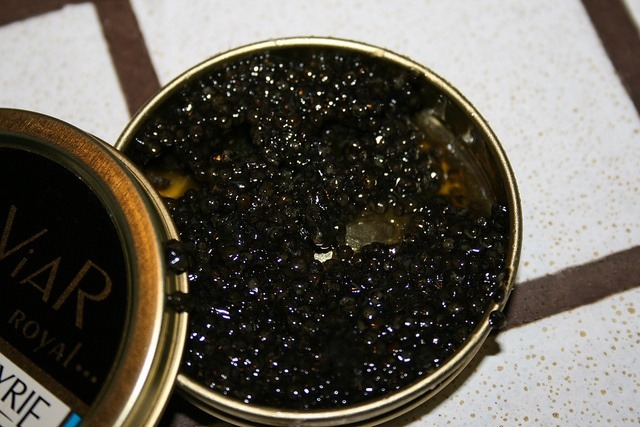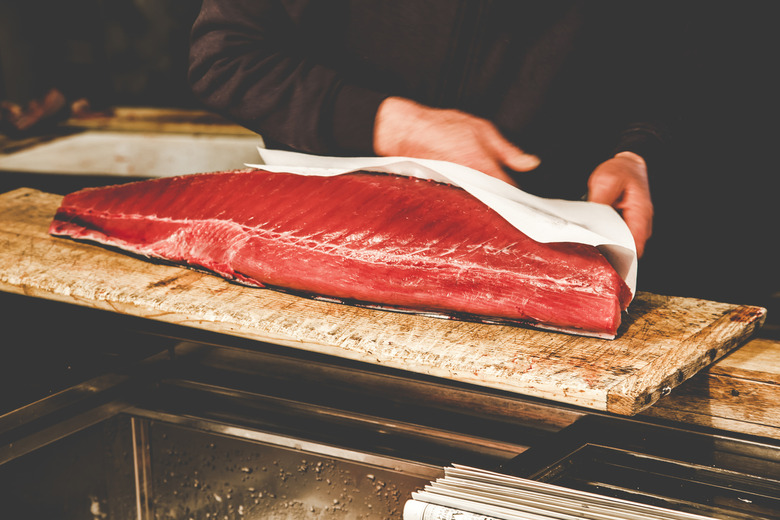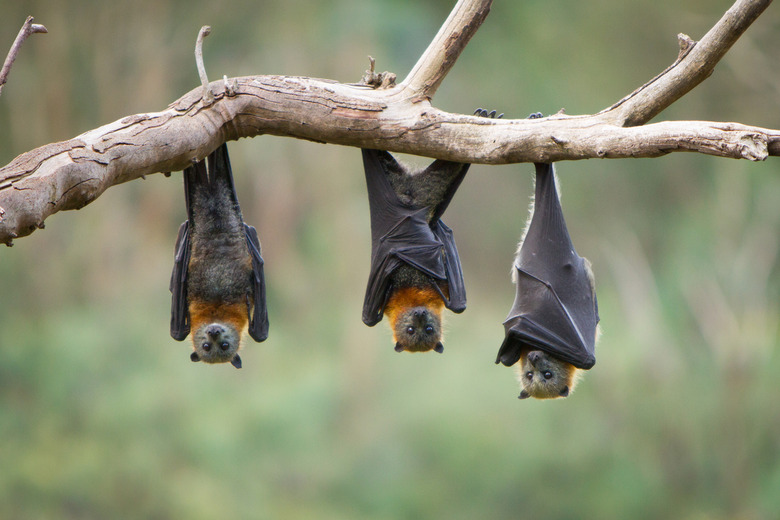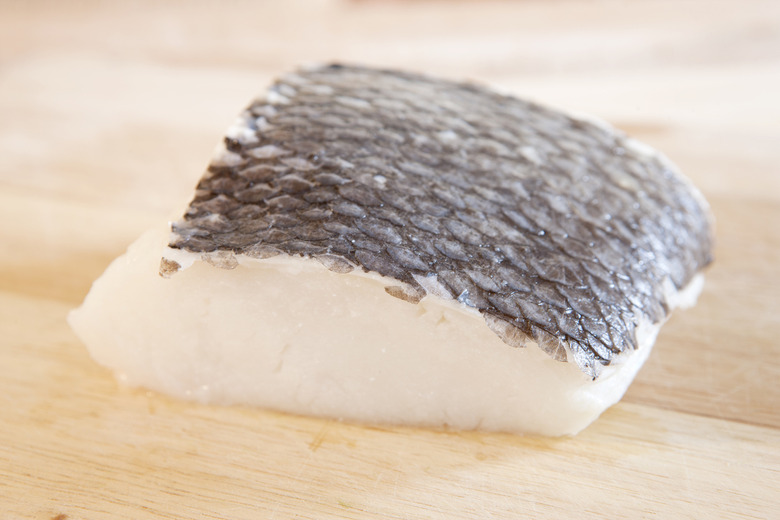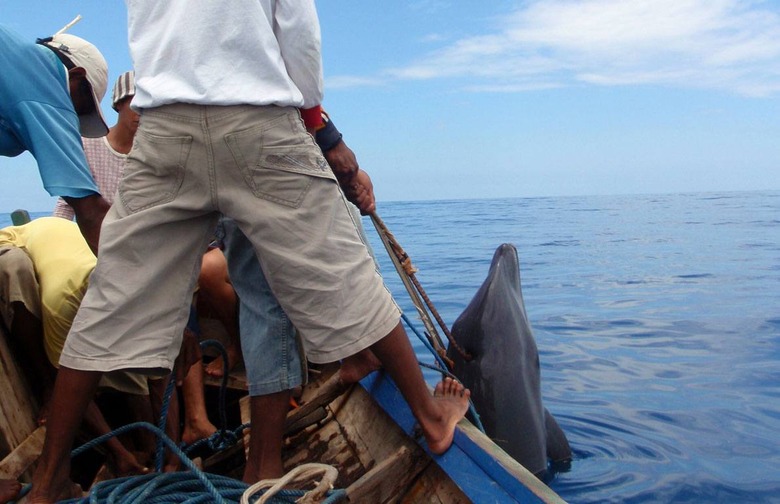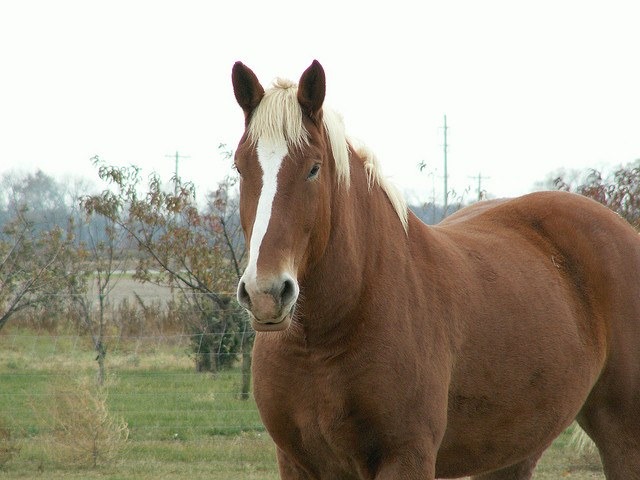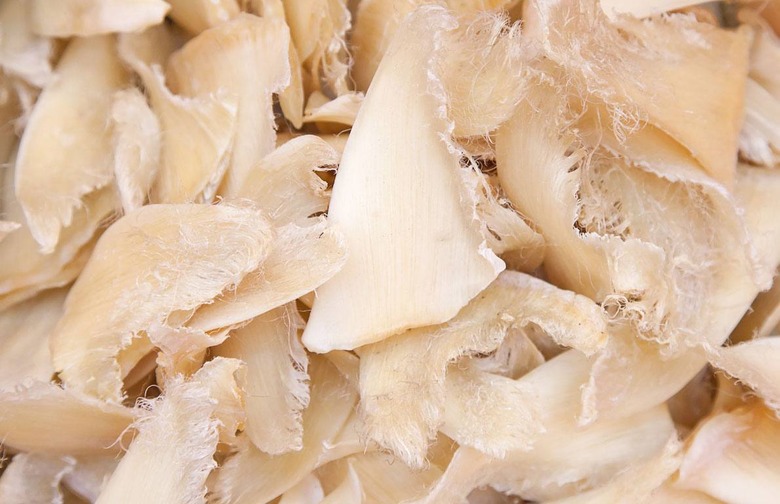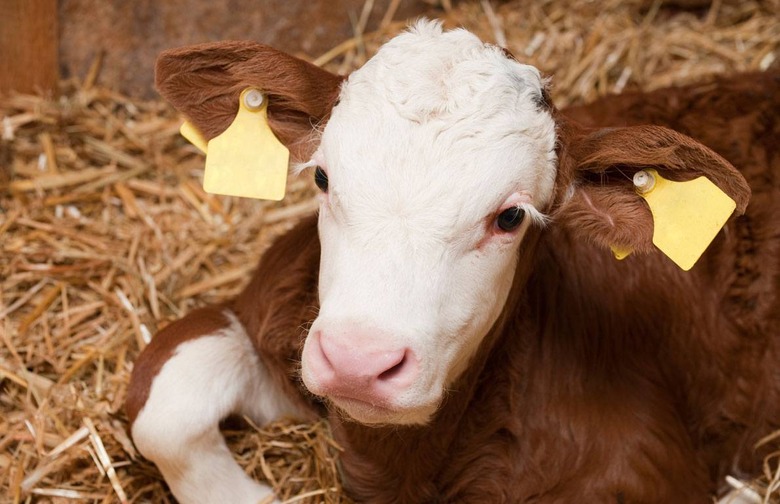The 10 Most Controversial Foods On Earth
We tend to not think of something as mundane as food as being controversial, but controversial foods are incredibly common, and might even be on the menu at your favorite restaurant.
Beluga Caviar
Beluga caviar, from the Beluga sturgeon, is the finest and most expensive type of caviar on earth, selling for upwards of $4,000 per pound. But don't try to find it in the United States. In 2005, the United States Fish and Wildlife Service banned the import of Beluga caviar from the Caspian and Black Seas, which is where the fish is usually found, and the killing of the rare Mediterranean Beluga sturgeon is illegal. The Beluga sturgeon is critically endangered, as each sturgeon can take up to 20 years to reach maturity.
Bluefin Tuna
The Atlantic bluefin is one of the most prized fish in Japanese cuisine, and the largest ones can sell for hundreds of thousands of dollars. Because of the voracious appetite for sushi in Japan and elsewhere, bluefin stocks have dwindled rapidly, and it's chronically overfished and unsustainable. However, consumption of the fish has yet to decline, especially in Japan.
Bushmeat
Bushmeat is the meat of non-domesticated wild animals, including monkeys, great apes like gorillas and chimpanzees, hippos, fruit bats, and lemurs. As opposed to wild game, bushmeat tends to be from unsustainable and often endangered wild animals. The consumption of bushmeat is most prevalent in Asia, tropical regions of the Americas, and Africa (about 5 million tons are consumed annually in the Congo Basin), and in many places it's considered a delicacy, fueling a large black market. Not only is it unethical and unsustainable, the preparation and consumption of bushmeat is also extremely dangerous. If handled when raw or undercooked, the meat can pass on smallpox, measles, rabies, HIV, and other diseases — even bubonic plague and ebola.
Chilean Sea Bass
Properly known as Patagonian toothfish, Chilean sea bass (which has no relation to actual sea bass) is often sourced from unsustainable fisheries, including ones in South Africa, Chile, and parts of France where populations have been depleted. The method used to catch these fish also accidentally kills thousands of seabirds every year. While the illegal fishing of Chilean sea bass has declined, it still occurs in many areas, and the fish is on the Monterey Bay Aquarium's Seafood Watch list.
Dolphins
If you've ever seen the groundbreaking 2009 documentary The Cove, you know that the loveable dolphin is widely eaten in certain parts of Japan, and 23,000 dolphins and porpoises are slaughtered each year for human consumption. Cans of dolphin meat are available on store shelves in Taiji, where the movie was filmed, and even though they're not endangered, it's still incredibly upsetting to learn that so many of these nobles creature are killed annually. Dolphin meat is also very high in mercury, and much of the whale meat that's in Japan is actually dolphin. So if you're in Japan, we suggest that you avoid whale meat, too. (Dolphin, by the say, is not the same as dolphinfish — which is in fact mahi-mahi, a species that's listed as a Best Choice by the Monterey Bay Aquarium.)
Foie Gras
Foie gras, which is the fattened liver of a goose or duck, is so controversial largely because many people believe that force-feeding the animals in order to fatten them up is inhumane. This belief has led to several bans on the product, most notably in California, although all bans on foie gras have been repealed. While the thrice-daily force-feeding (which is traditionally done by forcing a metal tube down the animal's throat, into which grain is funneled) can't be comfortable, geese and ducks are built differently than humans; they have no gag reflexes, and can store a very large amount of food in their bodies. The animals are also treated quite humanely during their lives (any mishandling can damage the liver), and every part of them, except for the heads and feet, is used.
Horsemeat
Horsemeat carries with it a huge taboo, largely because horses are thought of as pets or noble beasts rather than as food animals. However, in much of Europe and Central Asia there's no stigma around eating horse, and even PETA supported ending an American ban on horse meat (which has since been lifted) because thousands of horses were being sent to Canada and Mexico yearly for slaughter. Horsemeat is very low in fat and very high in iron and vitamin B, and is widely considered to be healthier than beef.
Rabbit
Many people take issue with the consumption of "cute" animals, and few animals are cuter than furry little bunnies. Nonetheless, rabbit is a low-fat meat, as versatile as chicken (which it— along with all kinds of other foods — is often said to taste like), and widely eaten in Europe, Central and South America, and at least certain parts of the United States. And given its celebrated breeding practices, you know this creature isn't likely to show up on any endangered species lists soon.
Shark Fin
A 2006 study found that about 73 million sharks are killed for their fins annually; in some cases, the fins are chopped off and the shark is tossed back in the water to die. What's the reason? In China, shark's fin soup is considered a delicacy, and is particularly popular at weddings and other special occasions. It has a chewy texture but little to no flavor; many Chinese people believe that it boosts libido, prevents heart disease, lowers cholesterol, and increases energy. Because of this practice, nearly one-third of open-ocean sharks face extinction.
Veal
Those people who don't eat baby animals obviously won't touch veal, but it's not only the fact that they're young that makes them so controversial: it's the way they live. Veal consumption in the United States sharply dropped in the 1980s after the wide circulation of photos that showed calves tied to crates and unable to move. Thankfully, the American Veal Association is planning on eliminating the use of crates by 2017. If the thought of eating veal after reading the controversy gives you chills, here are 50 meatless dinner recipes.

